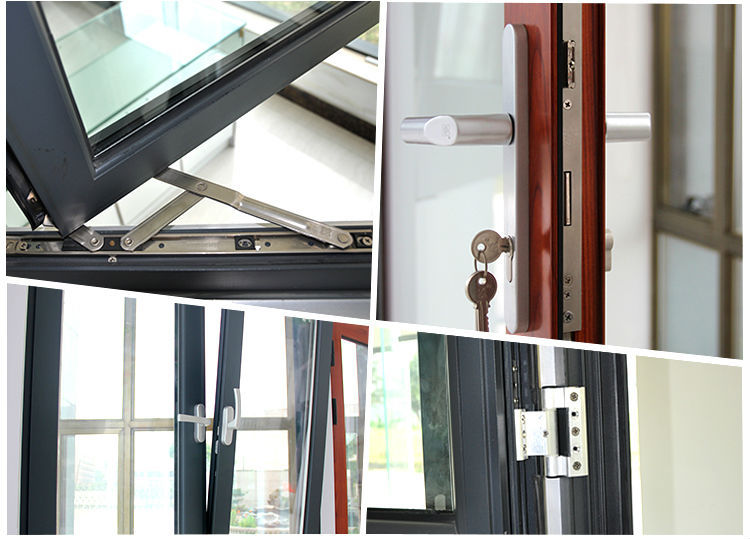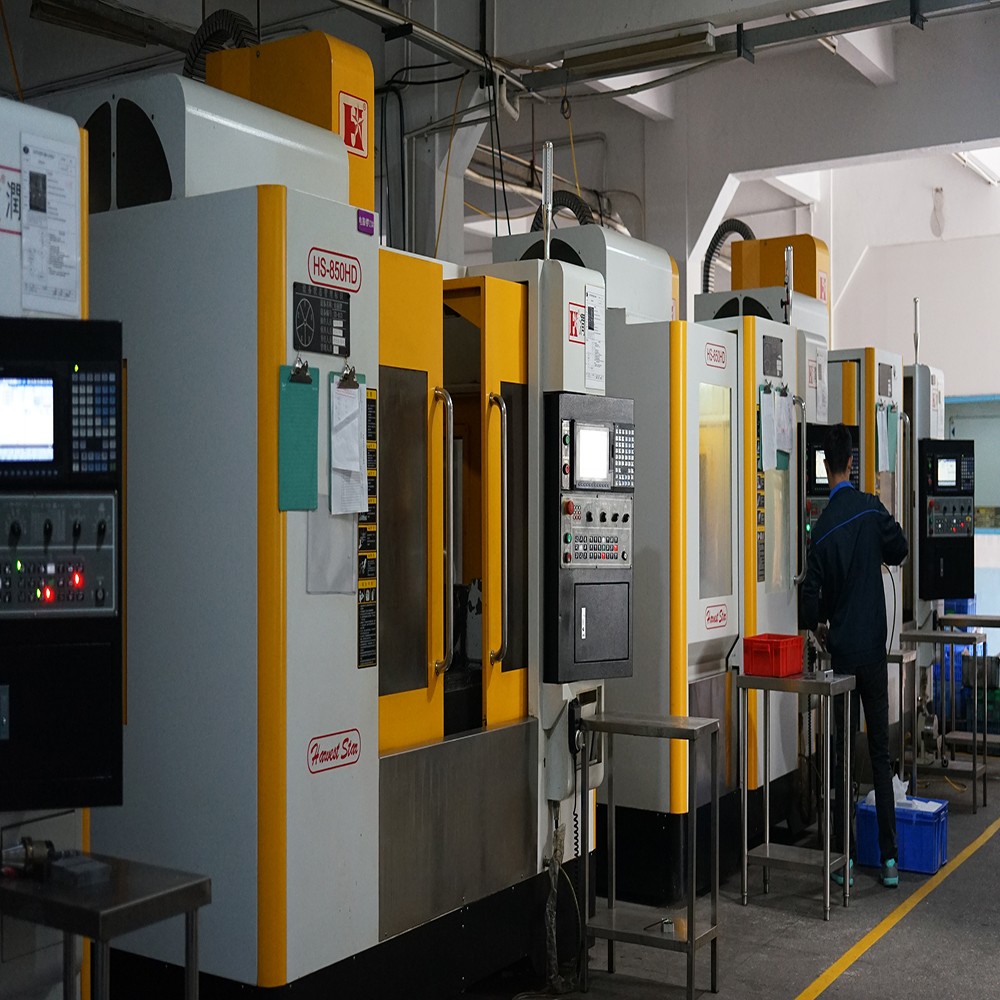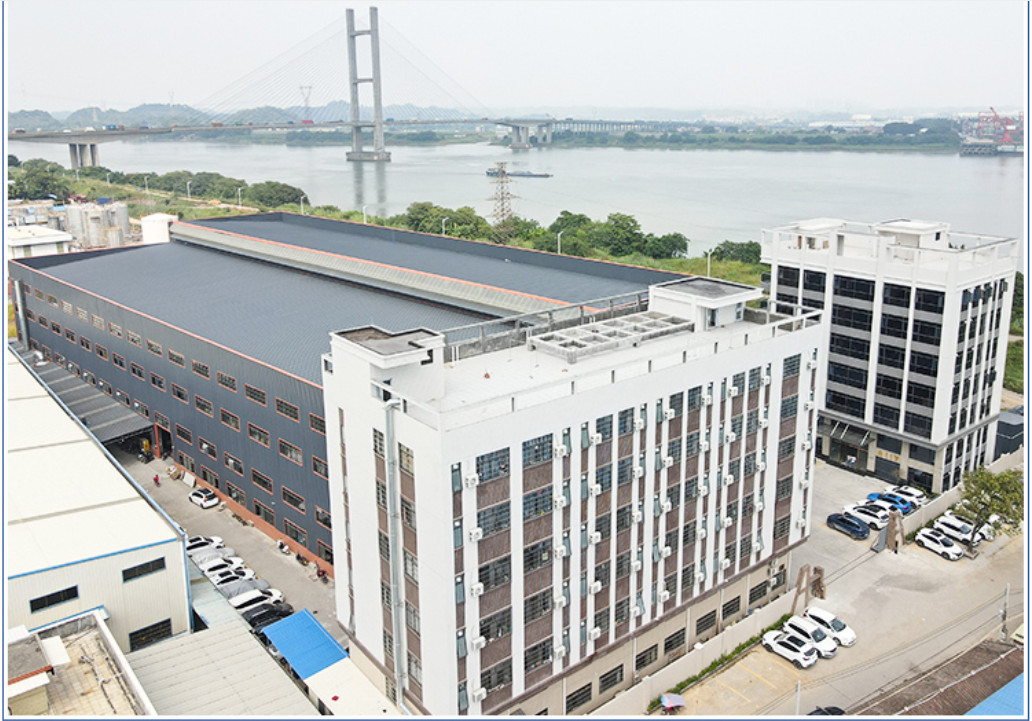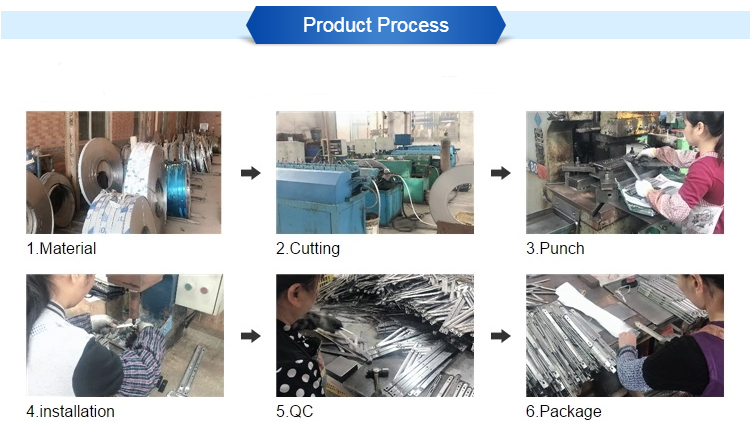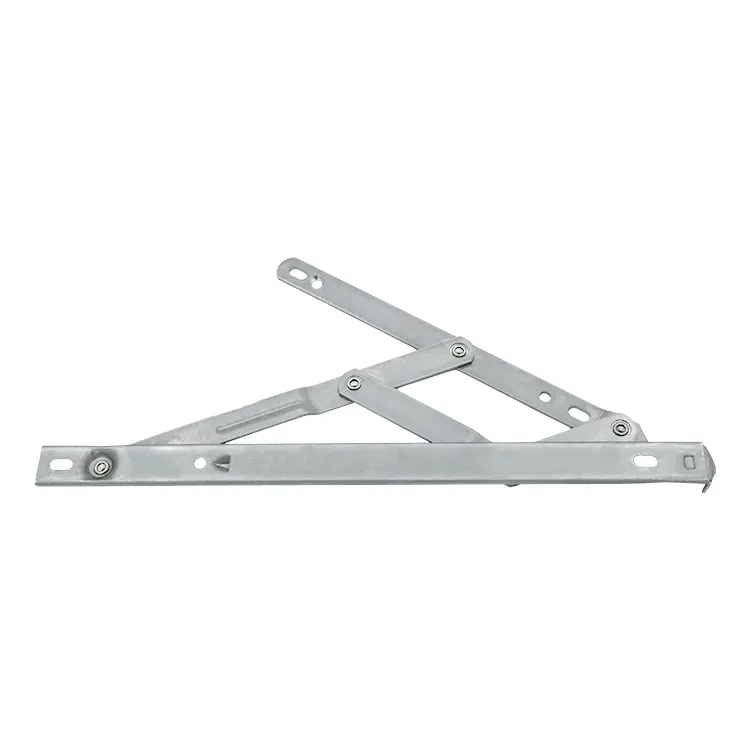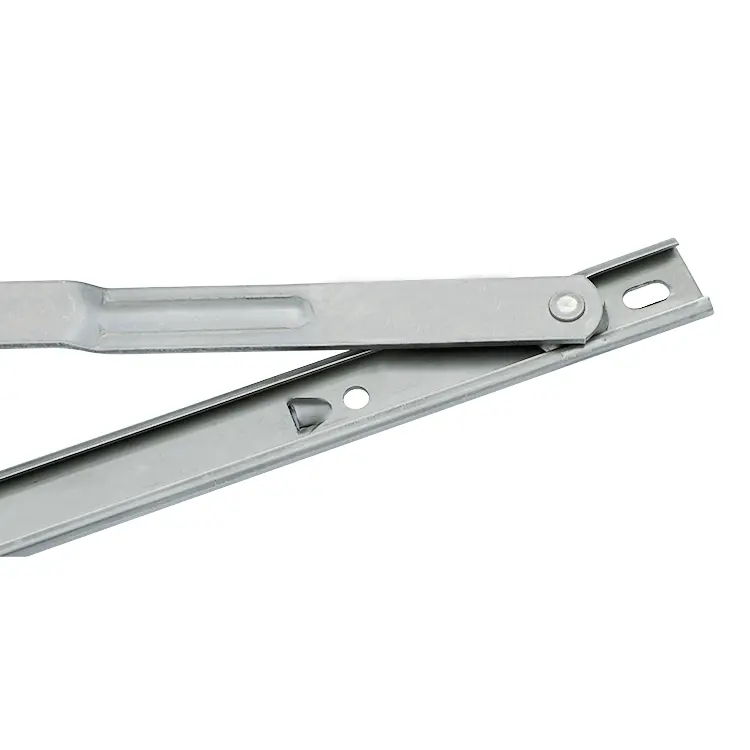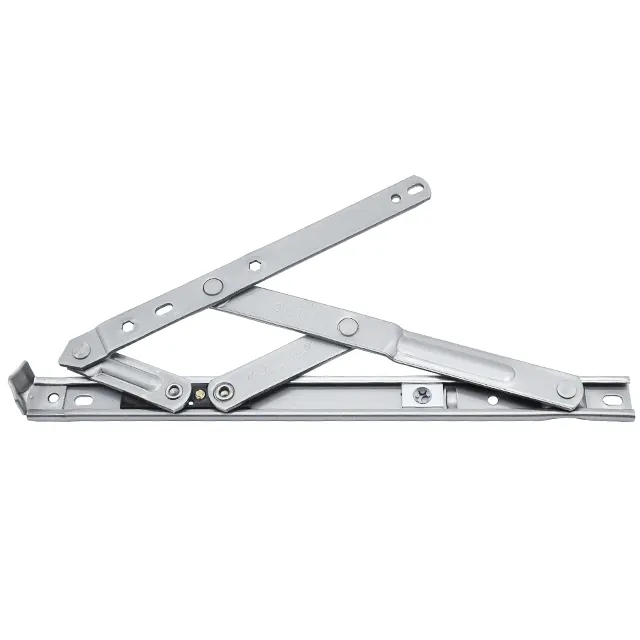Window Hinges: Where Art Meets Functionality in Architectural Symphony
Introduction
In the world of architectural innovation, where creativity converges with utility, window hinges emerge as the harmonious junction where artistic expression meets practical functionality. These seemingly unobtrusive components wield considerable influence, shaping the visual aesthetics and operational efficiency of architectural spaces. This article delves into the intricate interplay between aesthetic allure and pragmatic purpose, seamlessly guided by the mechanism of window hinges.
Architectural Choreographers
Window hinges perform as the choreographers of architectural movement. They dictate the rhythm of interaction between indoor and outdoor spaces, directing the choreography of how windows open and close. A pivot hinge introduces moments of introspection, while a sliding hinge unveils scenic vistas with the grace of a precisely choreographed dance.
Design as Expressive Language
The design of window hinges serves as an expressive language that communicates architectural intent. Architects wield the creative power to select hinges that resonate with the design ethos, either blending harmoniously or serving as captivating accents. The design of these hinges adds layers to a building’s character, revealing tales of history, modernity, or visionary aspirations.
Engineering Precision as Architectural Artistry
Beneath the surface aesthetics resides the architectural artistry of engineering within window hinges. Engineers painstakingly calculate forces, friction, and material strength to ensure the hinges operate seamlessly and endure over time. This fusion of engineering precision and architectural form elevates hinges from mere mechanisms to refined pieces of art that encapsulate the marriage of beauty and function.
Aesthetic Harmony in Motion
Window hinges contribute to the aesthetic harmony of moving spaces. Architects can choose hinges that complement the architectural style, resulting in a seamless fusion of form and motion. The interplay between the hinge’s design and the overall aesthetics of the building crafts spaces that are both visually captivating and operationally effective.
Uniting Tradition and Modernity
Window hinges serve as the bridge between architectural tradition and contemporary innovation. Reproduction hinges pay homage to design elements of the past, while modern hinges incorporate advanced materials and mechanisms. This interplay of heritage and progress forms a dynamic narrative of architectural evolution.
Security with Subtle Elegance
Modern window hinges seamlessly integrate security measures without compromising elegance. Advanced locking systems and discreet designs offer occupants a sense of security without overshadowing the visual sophistication of a space. These hinges symbolize the synthesis of security and subtlety.
Promoting Sustainability
Window hinges contribute to sustainable design by facilitating natural ventilation and energy efficiency. Architects can strategically position windows to harness natural airflow, reducing the need for mechanical cooling systems. Hinges become active participants in creating environmentally-conscious architectural solutions.
Anticipating the Future of Hinges
As architecture continues to advance, window hinges will evolve as well. With advancements in materials, smart technology integration, and innovative design concepts, the role of hinges will transform. These hinges might include automation, adaptability to changing environmental conditions, and materials aligned with eco-conscious principles, further blurring the lines between aesthetics and function.
Conclusion
Window hinges emerge as the silent conductors harmonizing the intersection of architectural aesthetics and practical design. Beyond their mechanical function, they encapsulate the essence of refined design and operational excellence. Architects, collaborating with window hinges, craft spaces that transcend conventional limits, inviting occupants to engage in the symphony of aesthetics and utility within the ever-evolving canvas of architecture.
